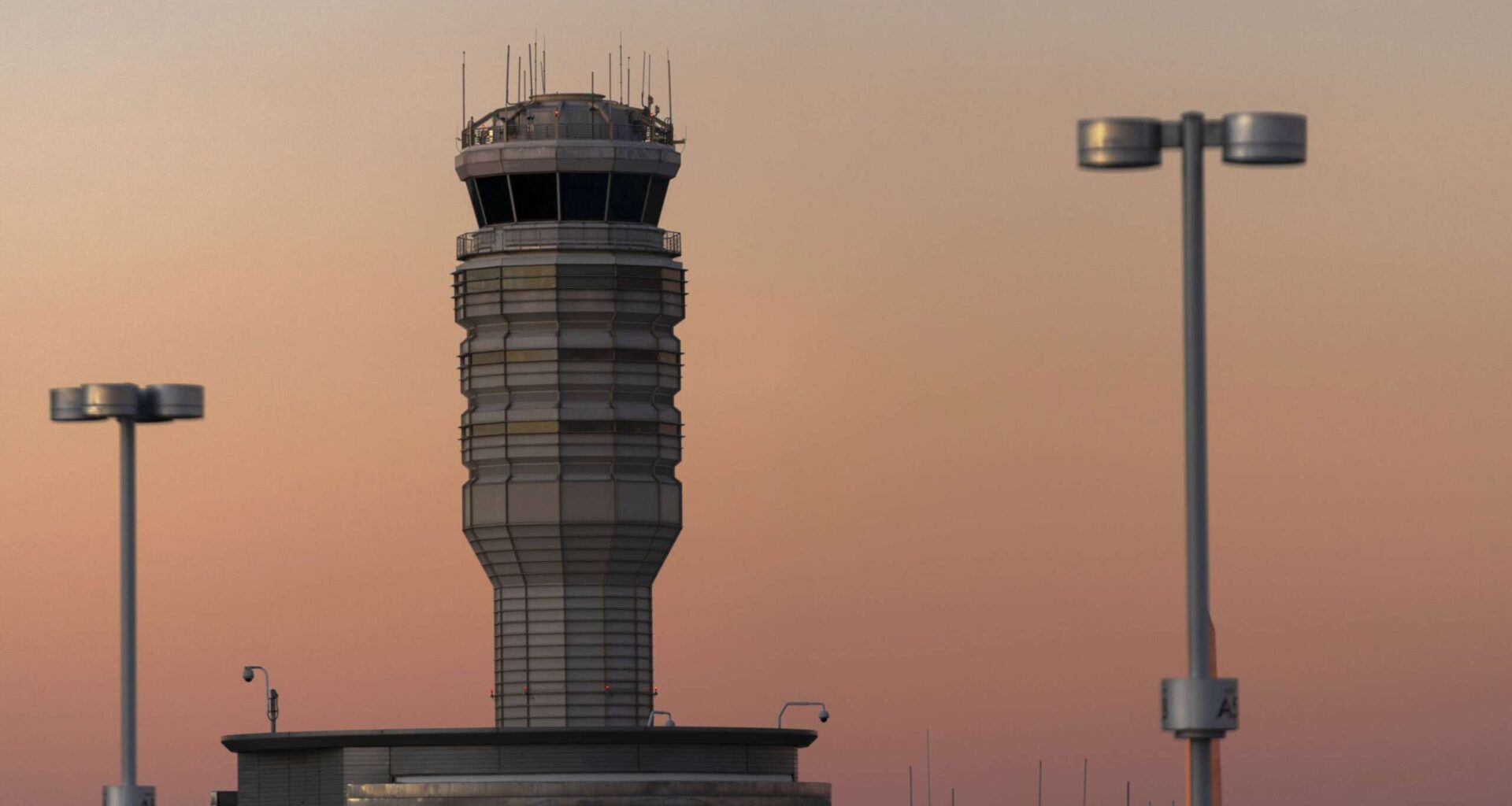The Transportation Department is tracking a “slight tick up” in air traffic controllers calling out sick as the government shutdown enters its second week.
Transportation Secretary Sean Duffy said the Federal Aviation Administration is seeing some call outs, as 13,200 air traffic controllers work without pay during the ongoing shutdown.
“Our priorities are safety, and so if we have additional sick calls, we will reduce the flow consistent with a rate that’s safe for the American people,” Duffy said during a Monday press conference. “So we’ve had a slight tick up, and they’ve been in certain areas, and we are managing that, following that.”
Nick Daniels, president of the National Air Traffic Controllers Association, spoke alongside Duffy and called on lawmakers to end the shutdown.
]]>
“We need to bring this shutdown to a close so that the Federal Aviation Administration and the committed aviation safety professionals can put this distraction and focus, put this distraction behind us and completely focus on their vital work,” Daniels said, pointing to efforts to modernize FAA systems and hire more air traffic controllers.
In a message to NATCA members Monday, the union said it “does not endorse, support, or condone any federal employees participating in or endorsing a coordinated activity that negatively affects the capacity of the [National Airspace System], or any other activities that undermine the professional image and reputation of the people we represent.”
“At this critical juncture, it is more important than ever that we rise to the occasion and continue delivering the consistent, high-level of public service we provide every day,” NATCA’s message continued. “We must also recognize that in the current political climate, federal employees are under heightened scrutiny. We cannot stress enough that it is essential to avoid any actions that could reflect poorly on you, our Union, or our professions.”
Approximately 61,000 employees at the Transportation Security Administration are also required to work without pay during the shutdown.
Joe Shuker, the president of American Federation of Government Employees Local 333, speculated the shutdown would lead to TSA employees taking sick leave.
“It’s very likely. It’s probably starting to happen now,” Shuker said in an interview with MSNBC on Saturday when asked if federal workers were more likely to call out sick the longer the shutdown drags on.
The 35-day shutdown in 2019 ended after larger numbers of air traffic controllers and TSA airport screeners began calling out of work, leading to longer wait times at airports and slowing air traffic in New York. The impact on air travel led lawmakers to agree to a deal then.
]]>
“Your last money that you have from your last check has to make you to, God knows when — the last [shutdown] was 35 days,” Shuker said. “Gas money was an issue, public transport was an issue. Childcare was huge. . . . It’s either pay for your childcare or stay home with your child. And that’s what was happening, and that caused us longer lines because people weren’t coming to work.”
As of Monday afternoon, there were no confirmed reports of widespread delays or other impacts on air travel due to staffing shortages at the FAA or the TSA.
The concerns come as Democrats and Republicans show down over what should be included in a stopgap spending deal to re-open the government.
During his press conference, Duffy blamed Democrats for the shutdown. House Transportation and Infrastructure Committee Ranking Member Rick Larsen hit back at those comments in a statement released Monday afternoon.
“T&I Democrats support funding to modernize our air traffic control and are ready to ensure essential transportation workers, including air traffic controllers and aviation safety technicians, get paid,” Larsen said. “We are now just waiting for Republicans to end their shutdown and lower health care costs for Americans.”
Copyright
© 2025 Federal News Network. All rights reserved. This website is not intended for users located within the European Economic Area.

